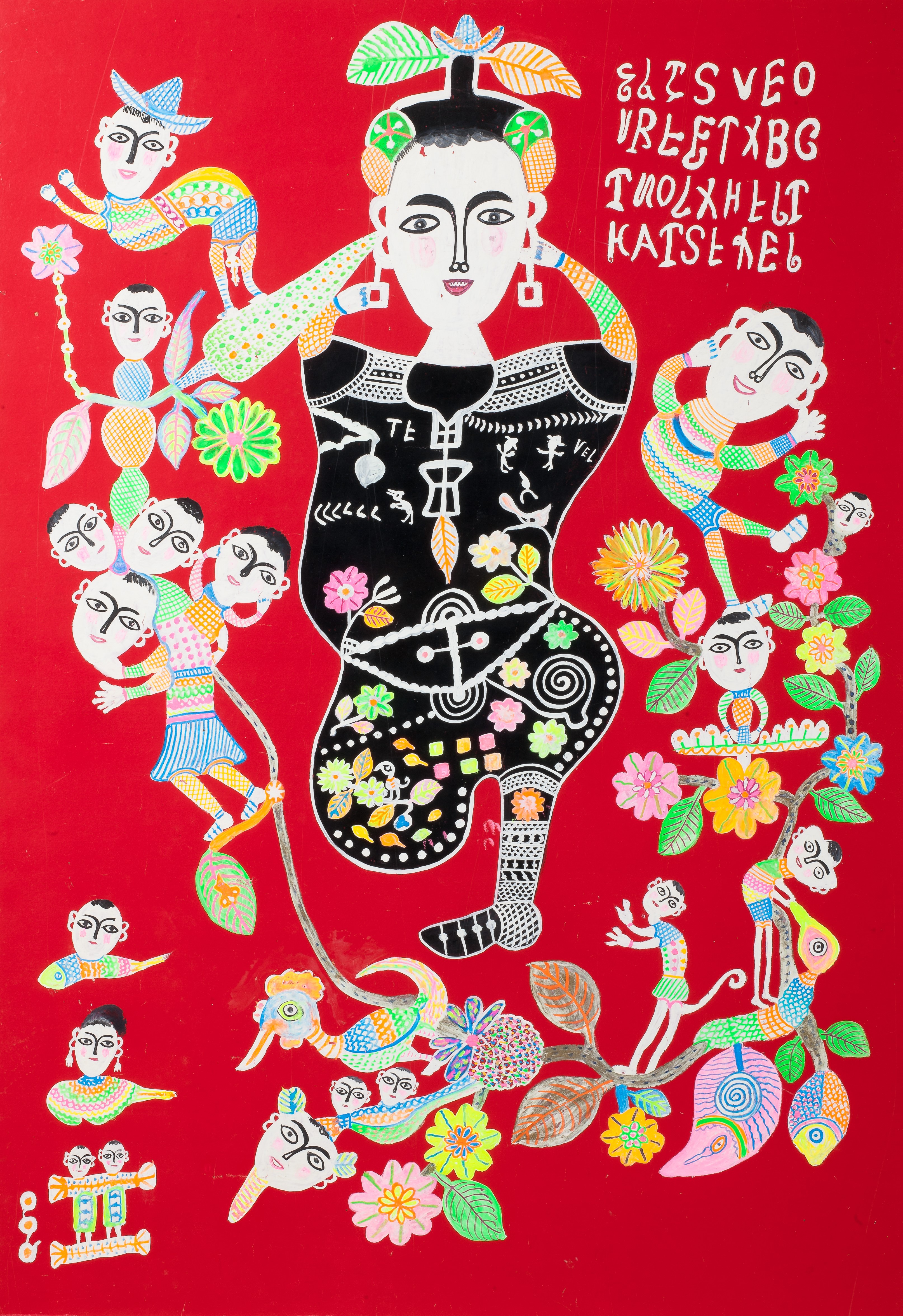> and so we put goldfish in the pool
You're tuning into Cheers, a newsletter made by Tiffany Xie. This week: goldfish and growing up.

Hello friend,
Summer of 2012. Saitama, Japan. Four fifteen-year-old girls put 400 goldfish in their high school swimming pool.
Last night, I watched a short film about this, And So We Put Goldfish in the Pool (h/t Melissa).
I tend to insta-love films like Goldfish because the themes are obviously familiar to me. Growing up bored in suburbia, an automatic distaste for your hometown.
There’s an edge to the film too, the way it cuts fast, the choppiness of each chapter. Like it knows there will be hardship in the near future, when the girls will come up against adulthood. There’s a scene where the girls are shopping and pass by a group of women, who turn out to be their future, sort-of deadbeat selves. That’s the edge: a sort of memento mori, a reminder, not of death, but rather for the difficulties of living.
I’ve been feeling a churning these days, that there’s a new harshness around me. I know where it comes from. The train crash in Hualien, mostly. Other near-disasters, too. For instance: when I was watching Goldfish, an earthquake hit Taiwan. I was on the other coast, but still, our whole house shook. The feeling that I could die at any moment, that freak chance and accidents could take any one of us, no longer feels overdramatic to me.
“Joy” is a Zadie Smith essay I return to often. In the essay, she writes:
We were heading toward all that makes life intolerable, feeling the only thing that makes it worthwhile. That was joy.
In my lifetime, nobody I know well has died. That’s not me being lucky, that’s me being the girls in the movie: young and unaware of the harshness that’s coming. What I mean is, I’ve realized that I’ve been living in the movie. And that the movie will end. I don’t know how to say it well. Only like this.
I keep listening to Mariya Takeuchi’s “Plastic Love.” It’s youth, right? Being able to play games and be fake and not worry and not hurry and go to the disco. The disco!
Last week I read Faust, Part One (the Greenberg translation) and it was fun. I was surprised at how fun it was! Seeing Mephisto take Faust out for a good time, seeing Faust not caring about the consequences until it was too late. All this was familiar, too. Youth! Mephisto makes Faust young again and then Faust makes all these instant gratification decisions, not thinking about what unbearable things may befall him in the future.
I was talking to my partner about how we both feel like we’ve grown up a lot in the past year. Part of it comes from not being a student (for the time being). Without the litany of class, homework, class, homework, with the responsibilities of taxes/loans/working/what have you, we have new ways of distinguishing what matters from what doesn’t.
How do you mourn a tragedy that has happened around you, but not to you? How do you support the grieving? How do you justify your own grief? There’s no sense to be made of the peripheral tragedies around me, although there is a gratitude for still being here.
In Ross Gay’s essay, “Joy Is Such a Human Madness” (a tribue to Zadie Smith’s essay), he writes:
Is sorrow the true wild?
And if it is—and if we join them—your wild to mine—what’s that?
For joining, too, is a kind of annihilation.
What if we joined our sorrows, I’m saying.
I’m saying: What if that is joy?
The harshness I’m seeing now is recognizing the end of youth which is starting to understand sorrow which is figuring out joy which is this, which is life, which is not a small thing, life, too, this is, too, life.
Cheers,
Tiffany